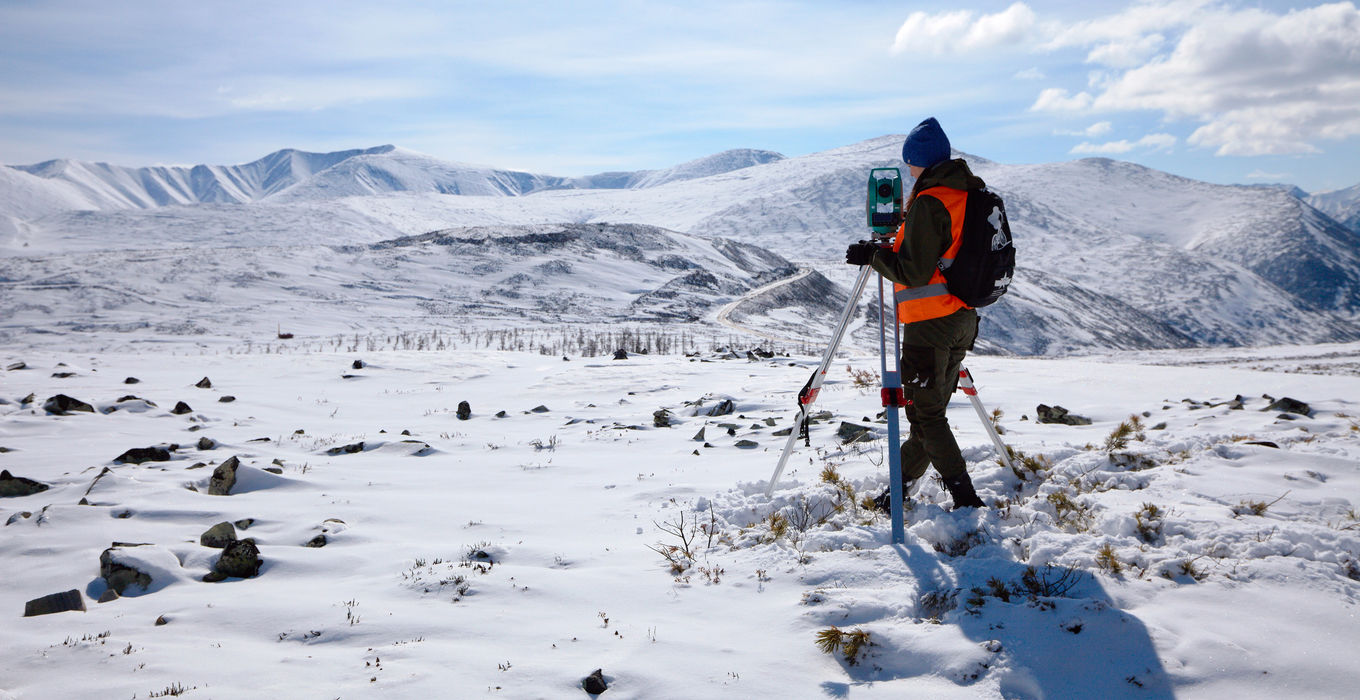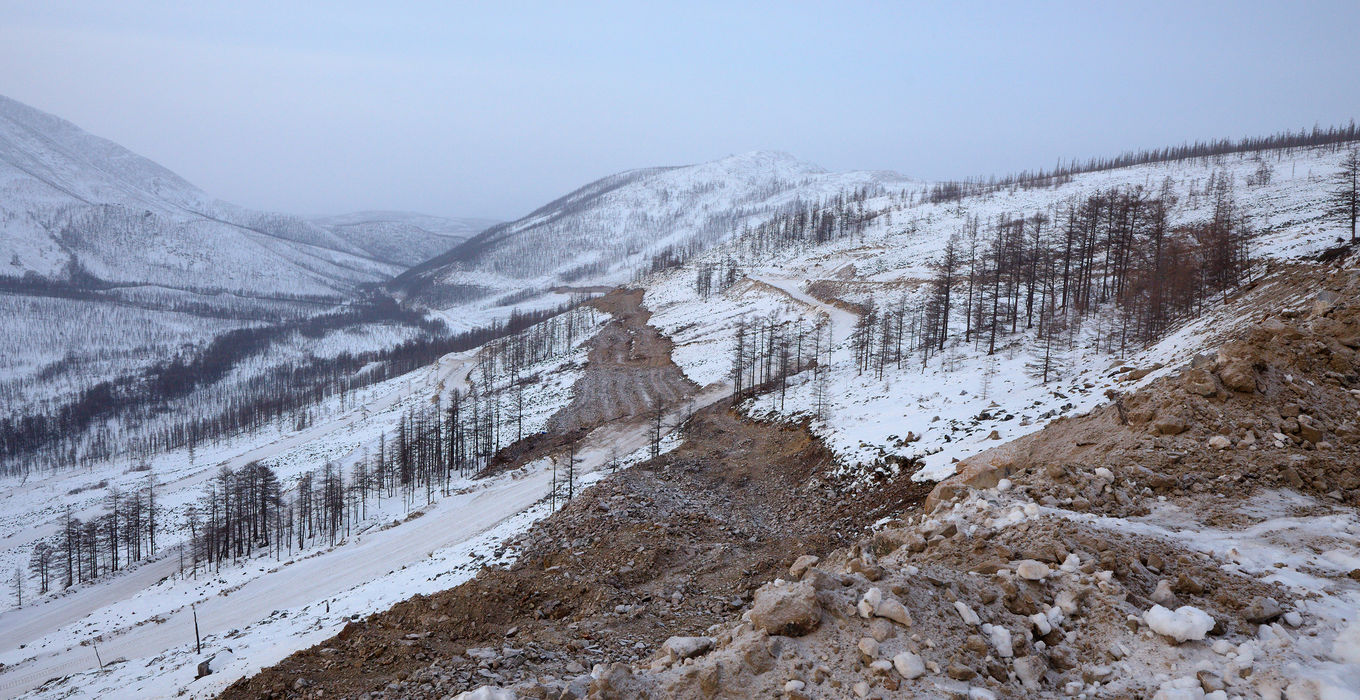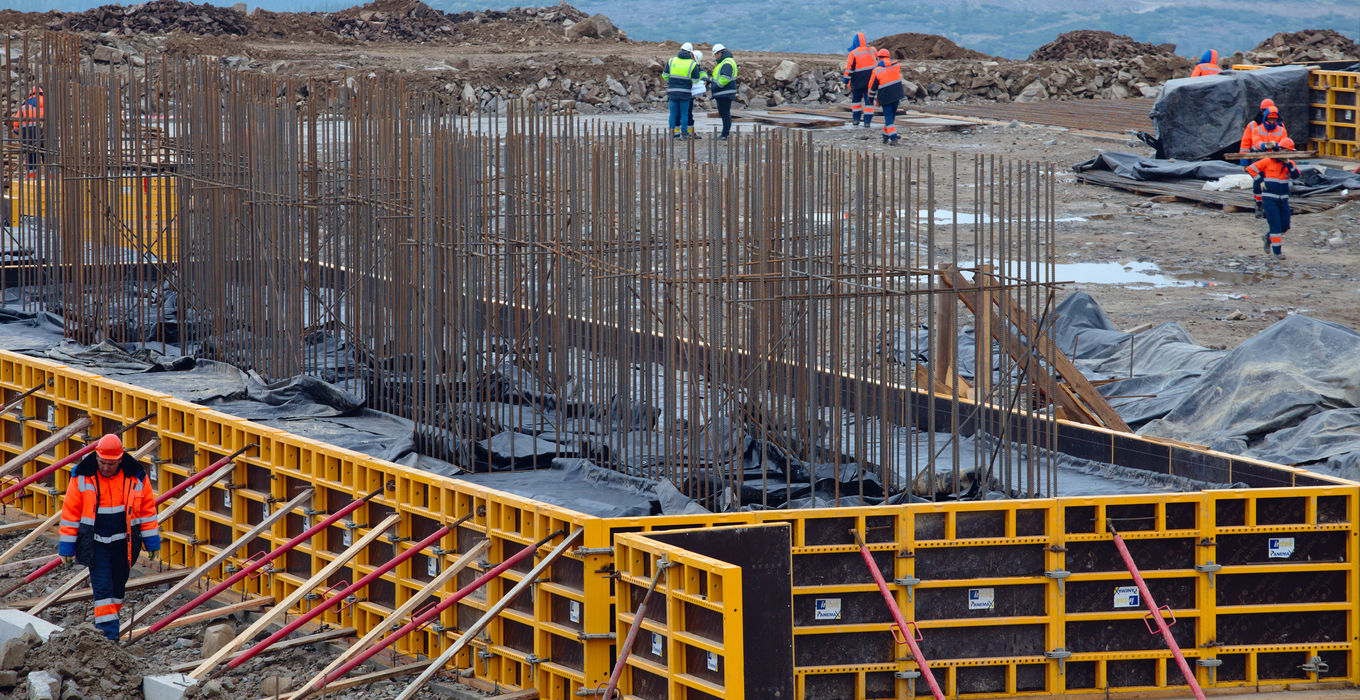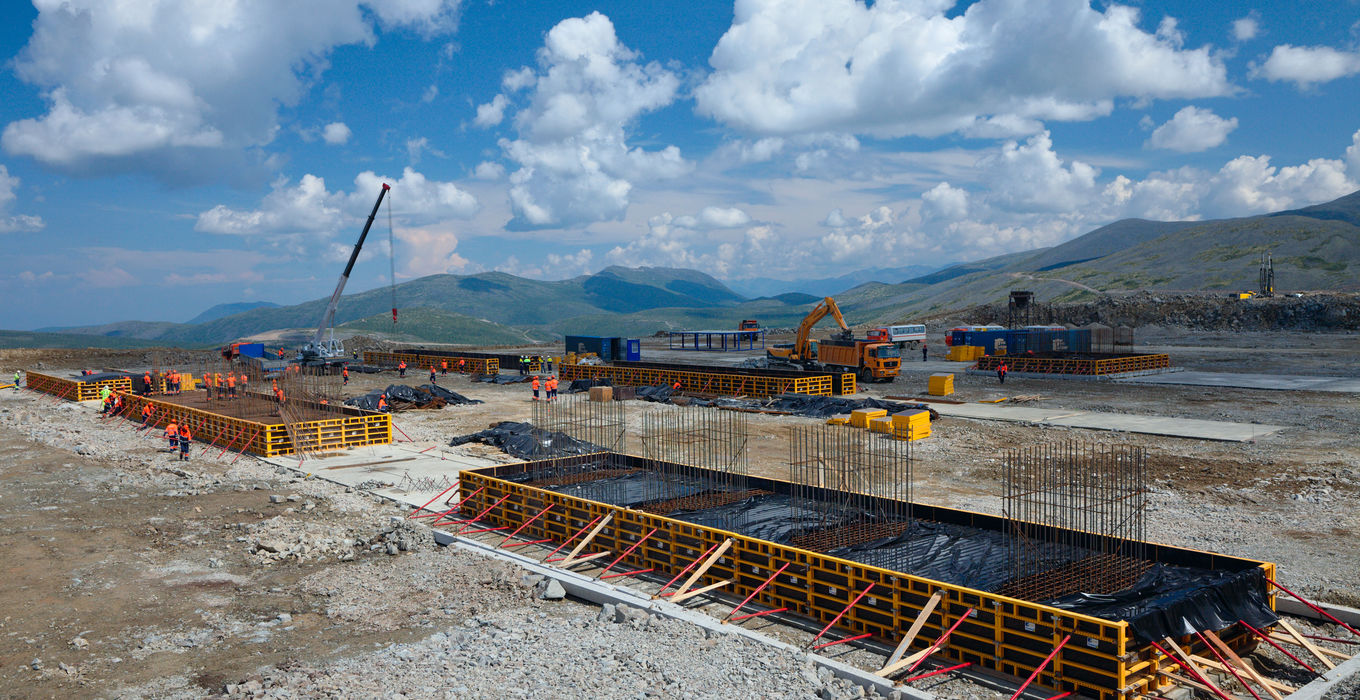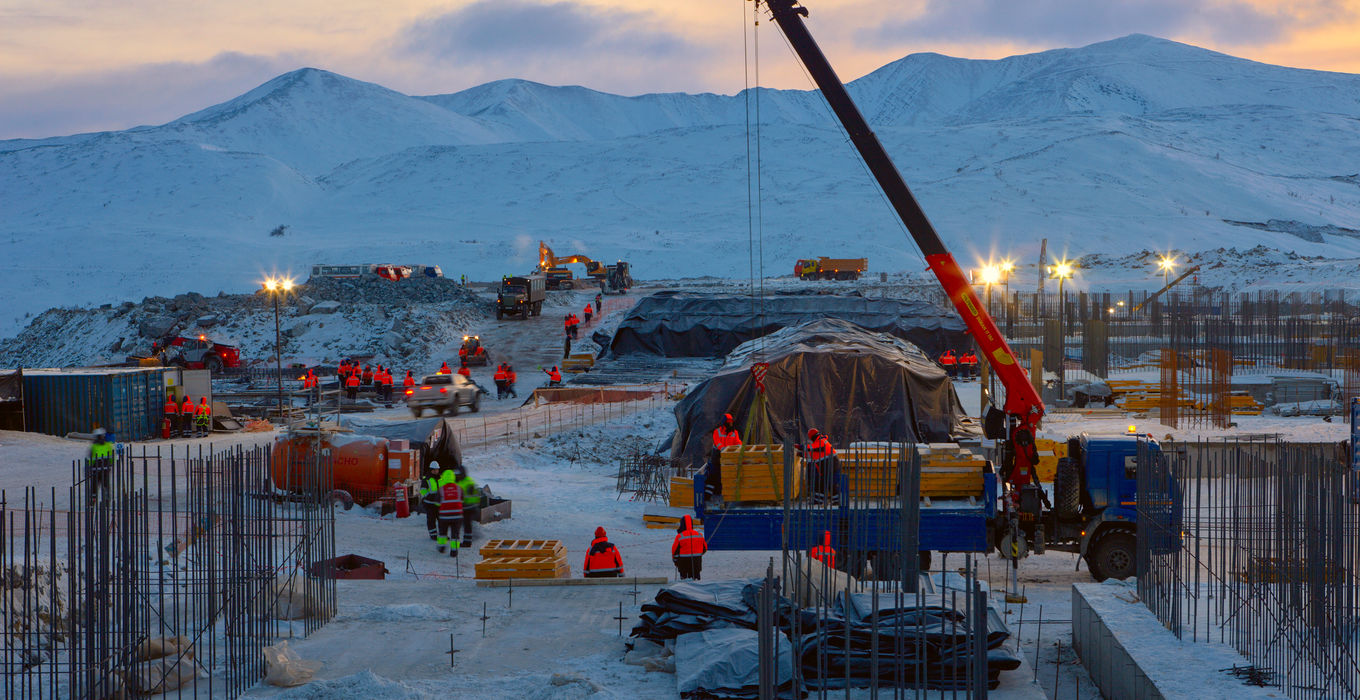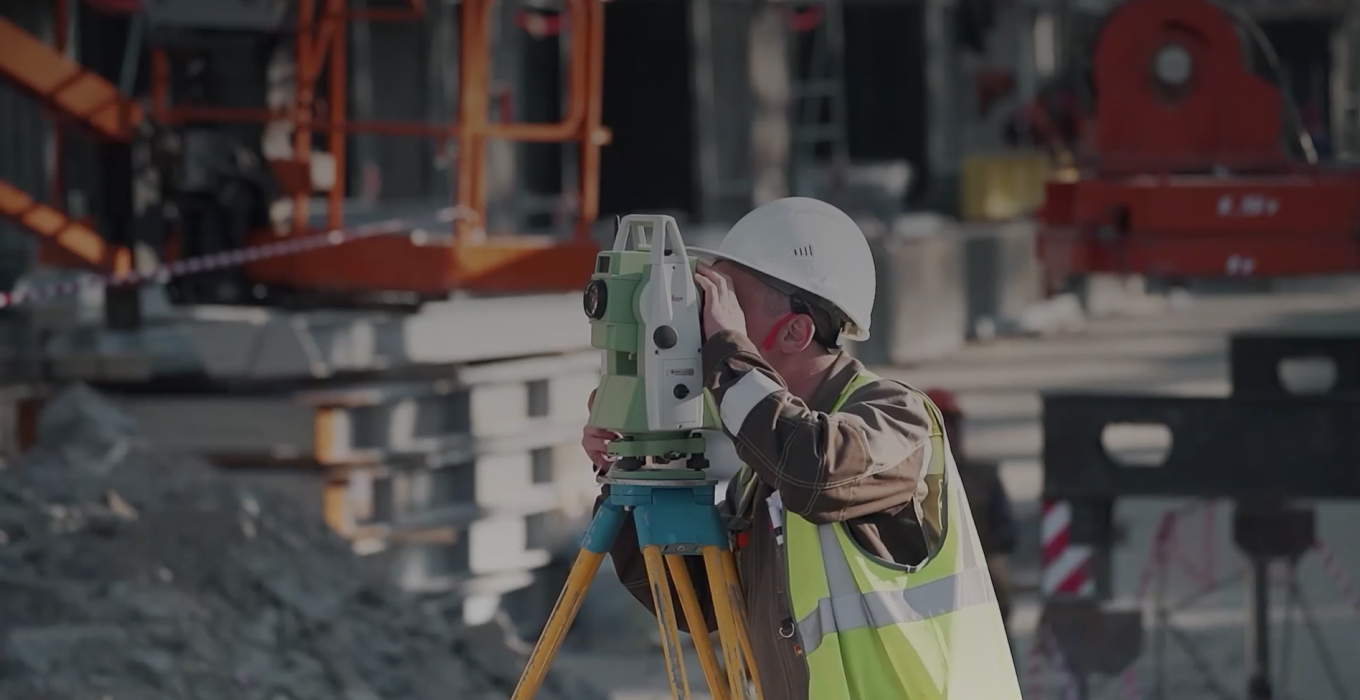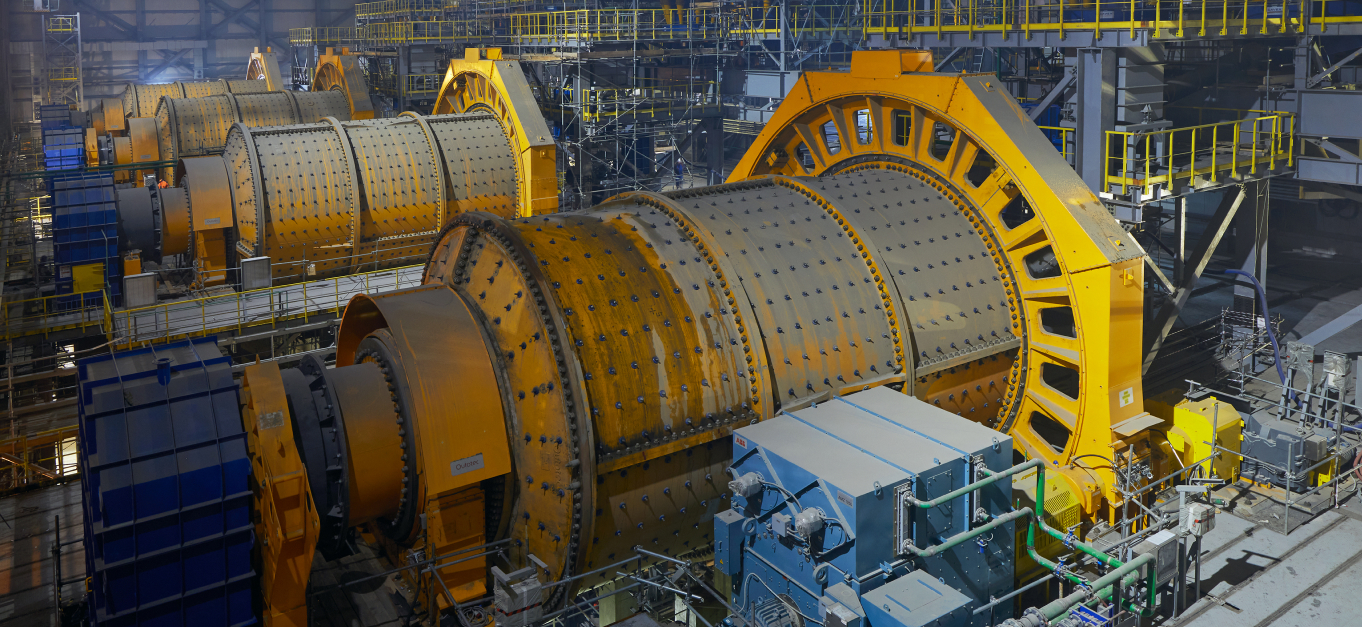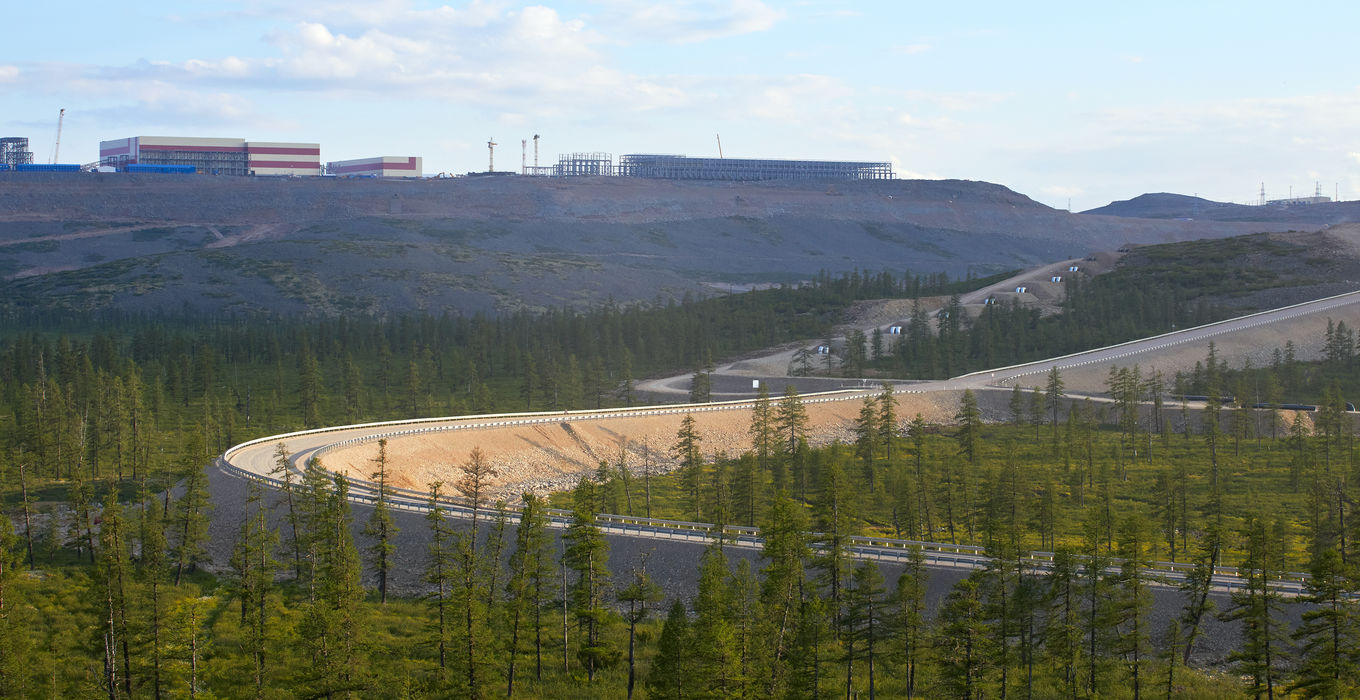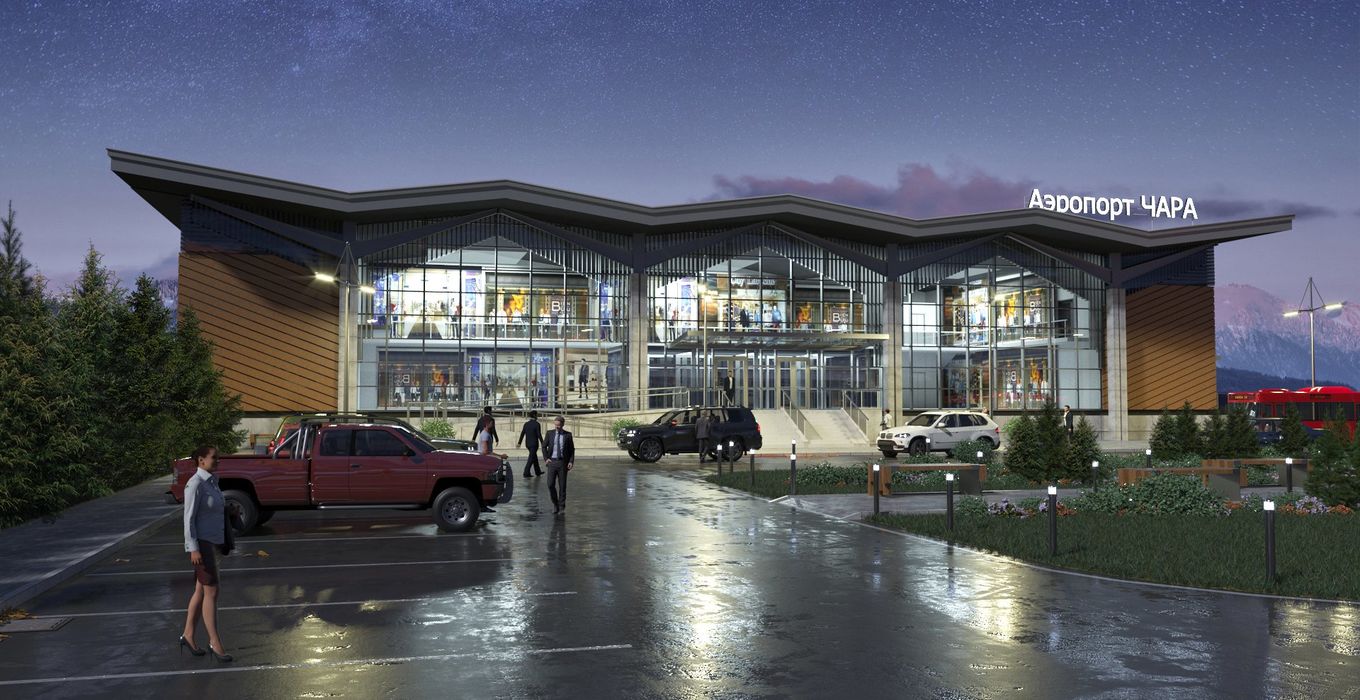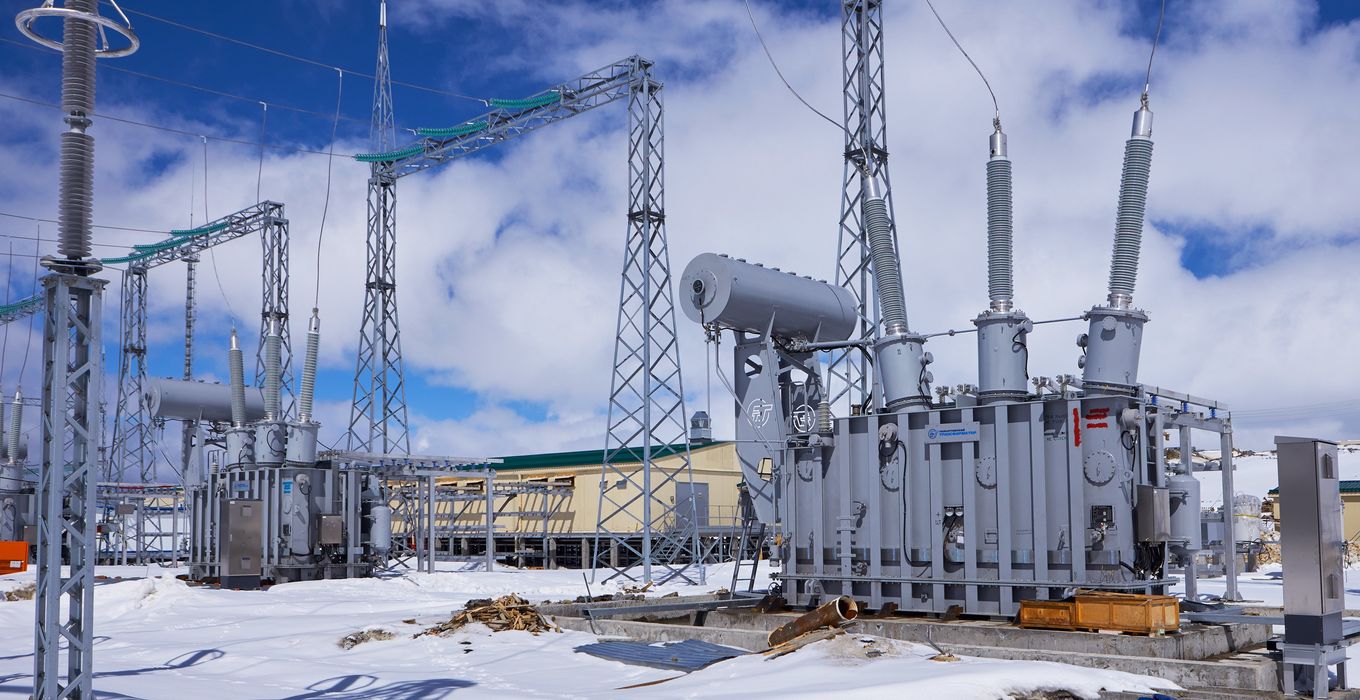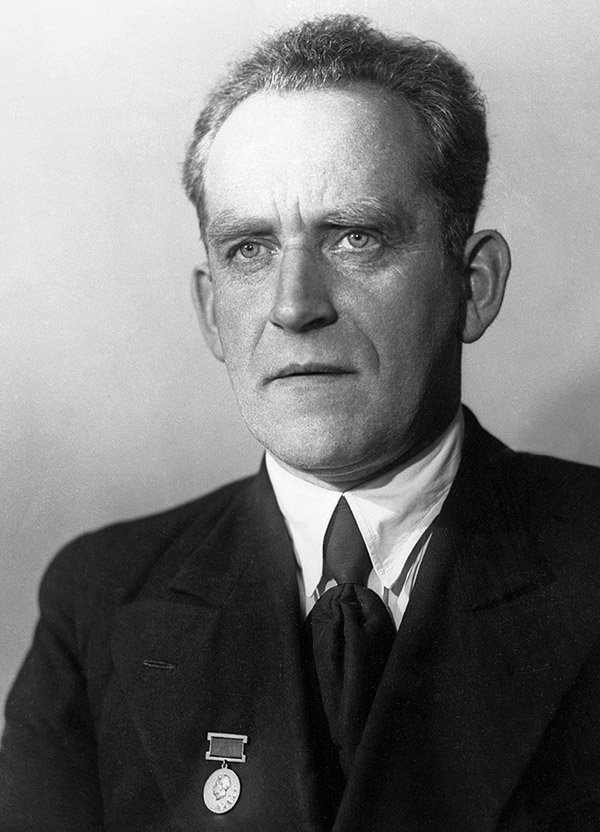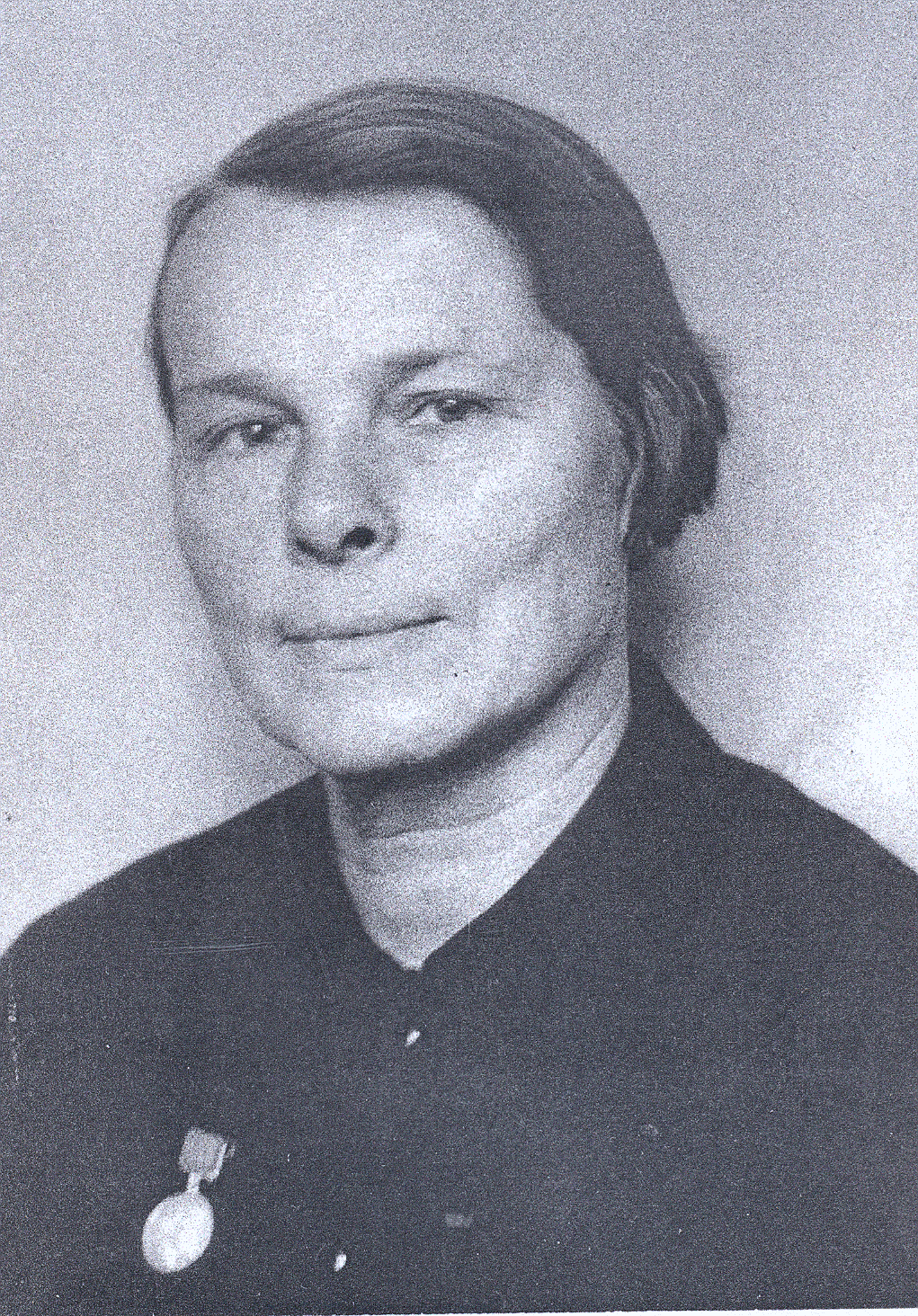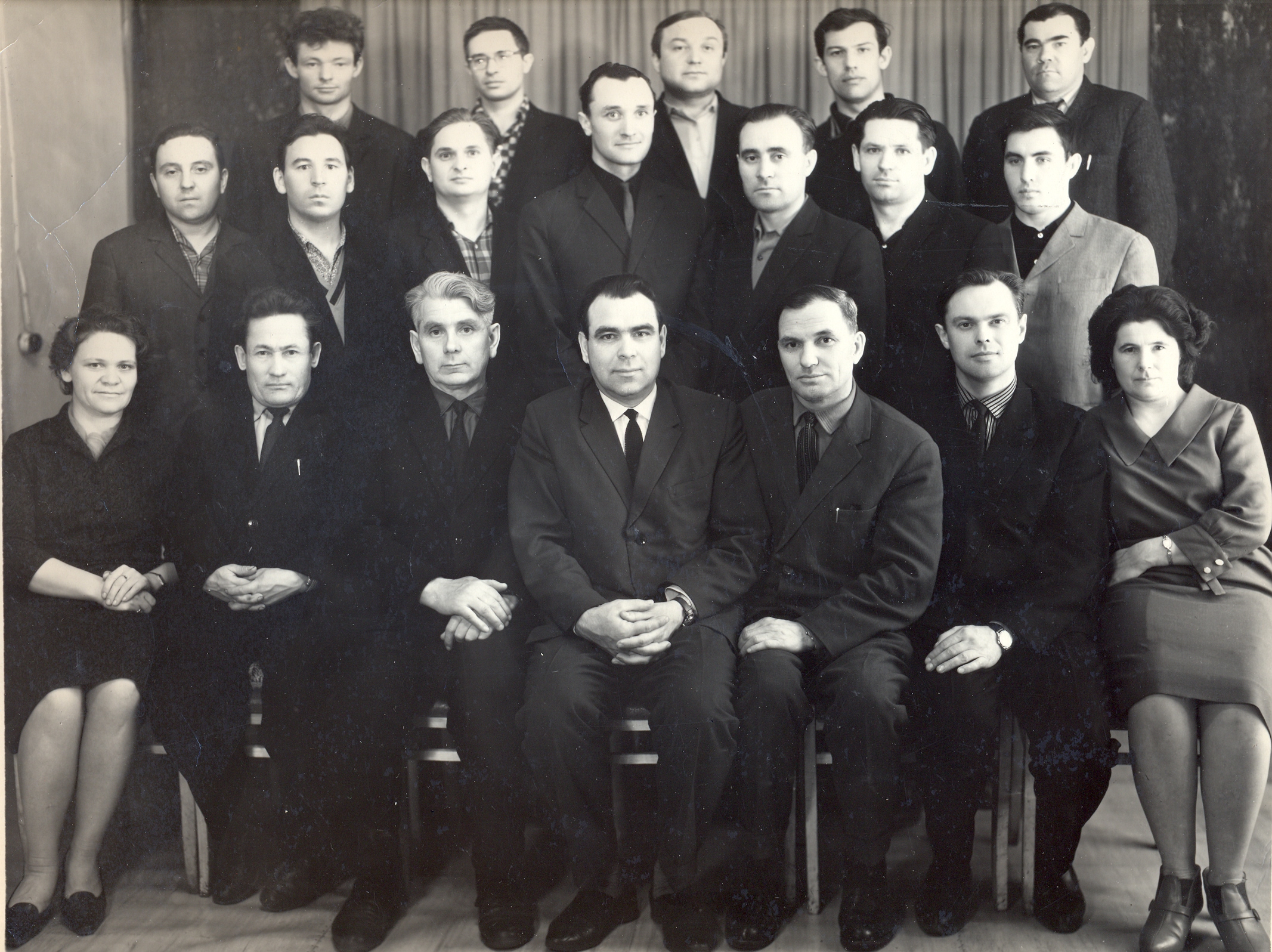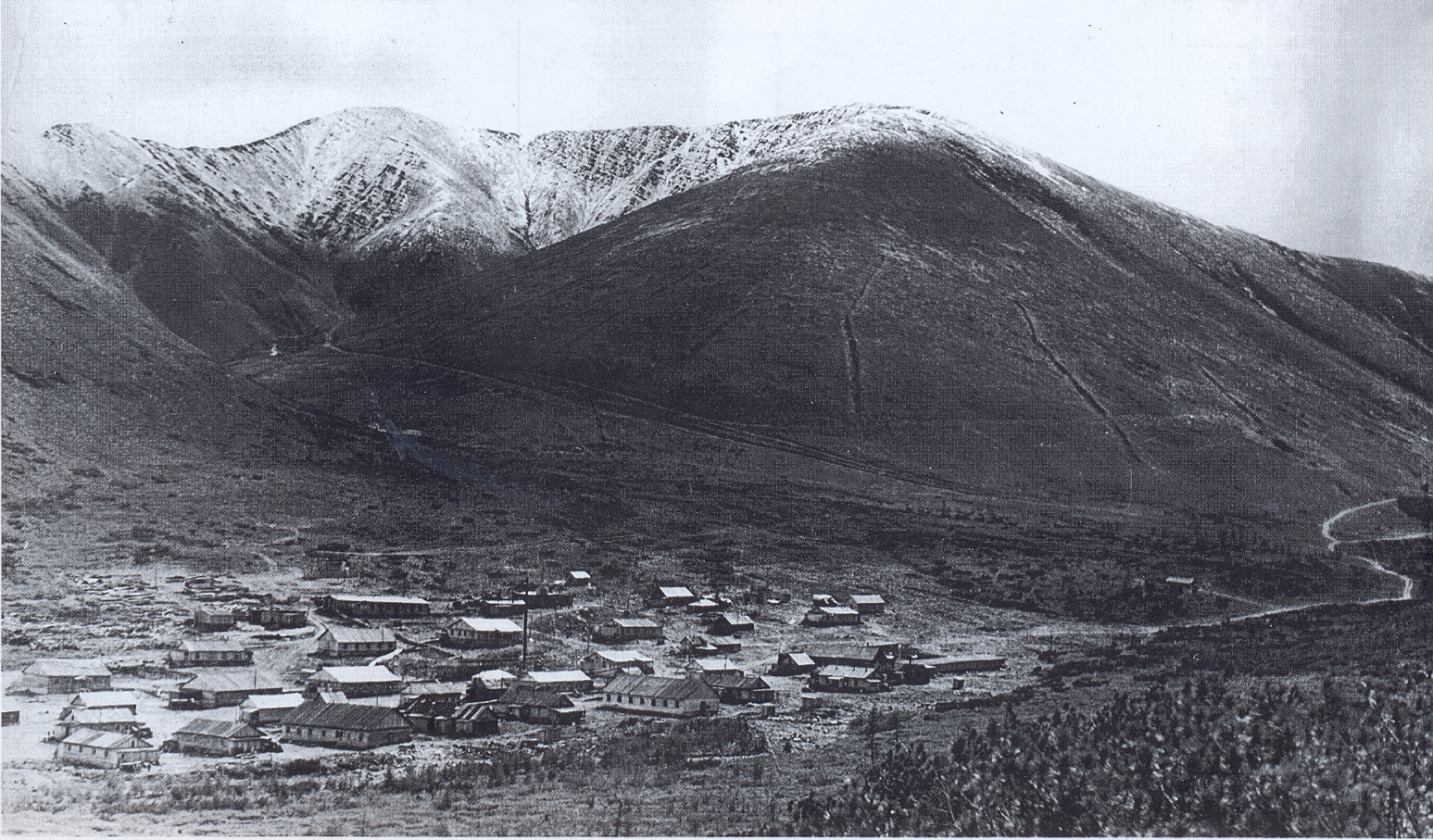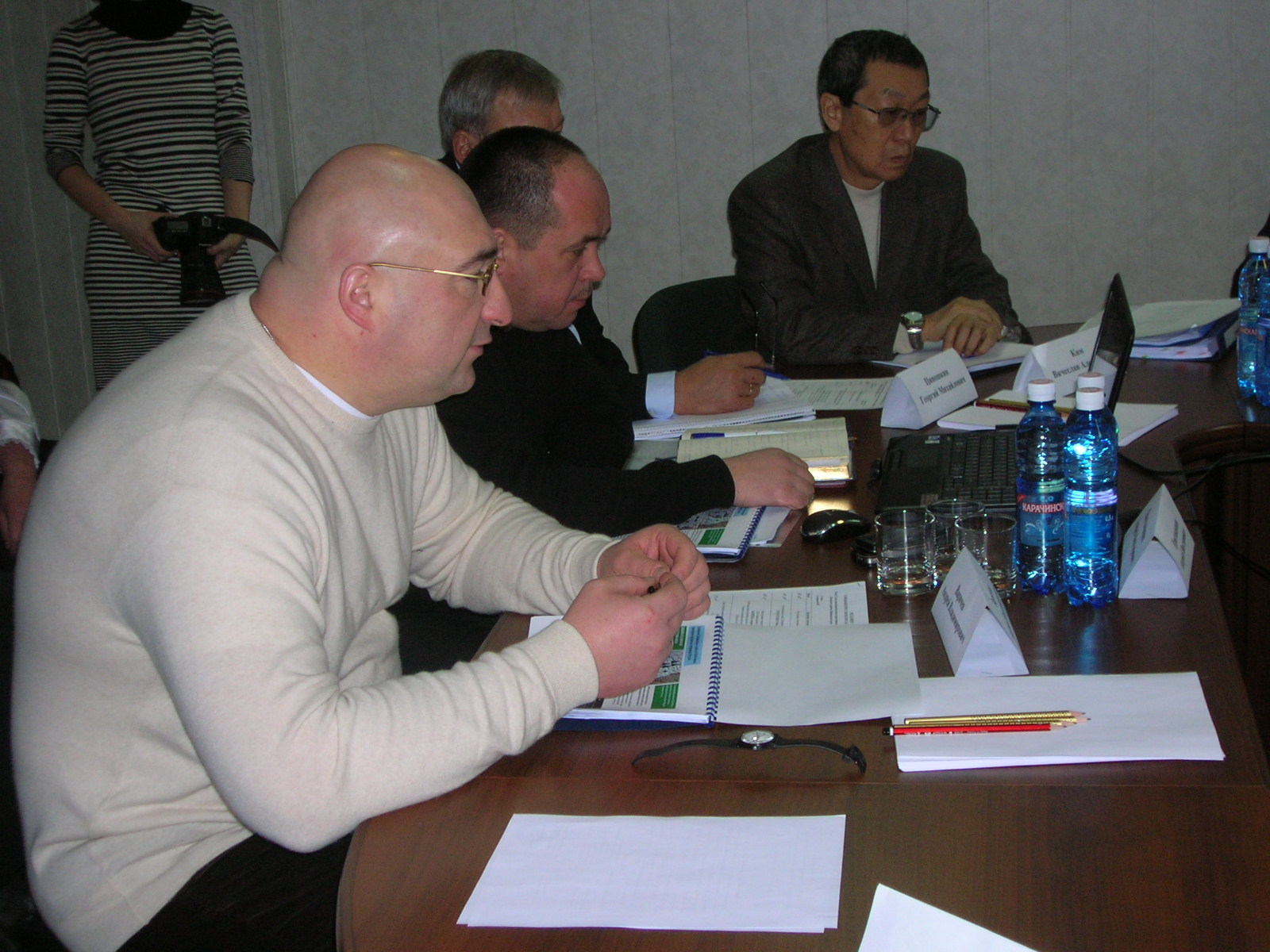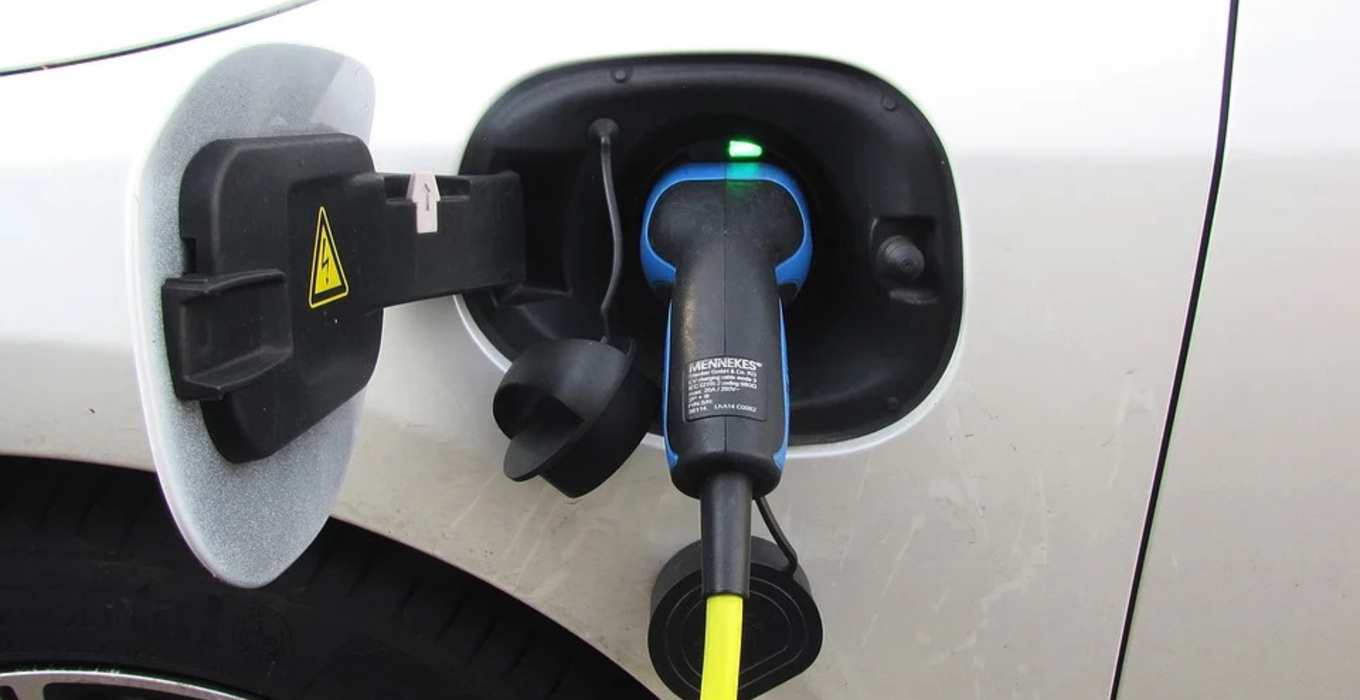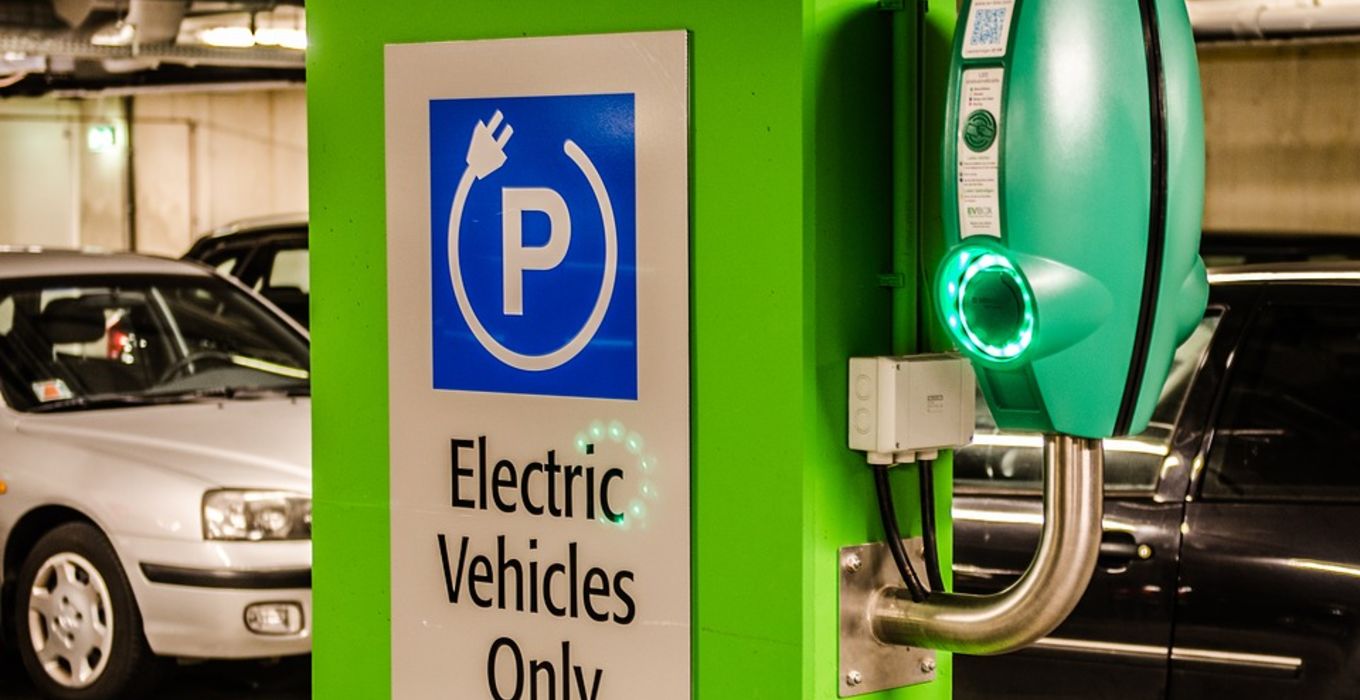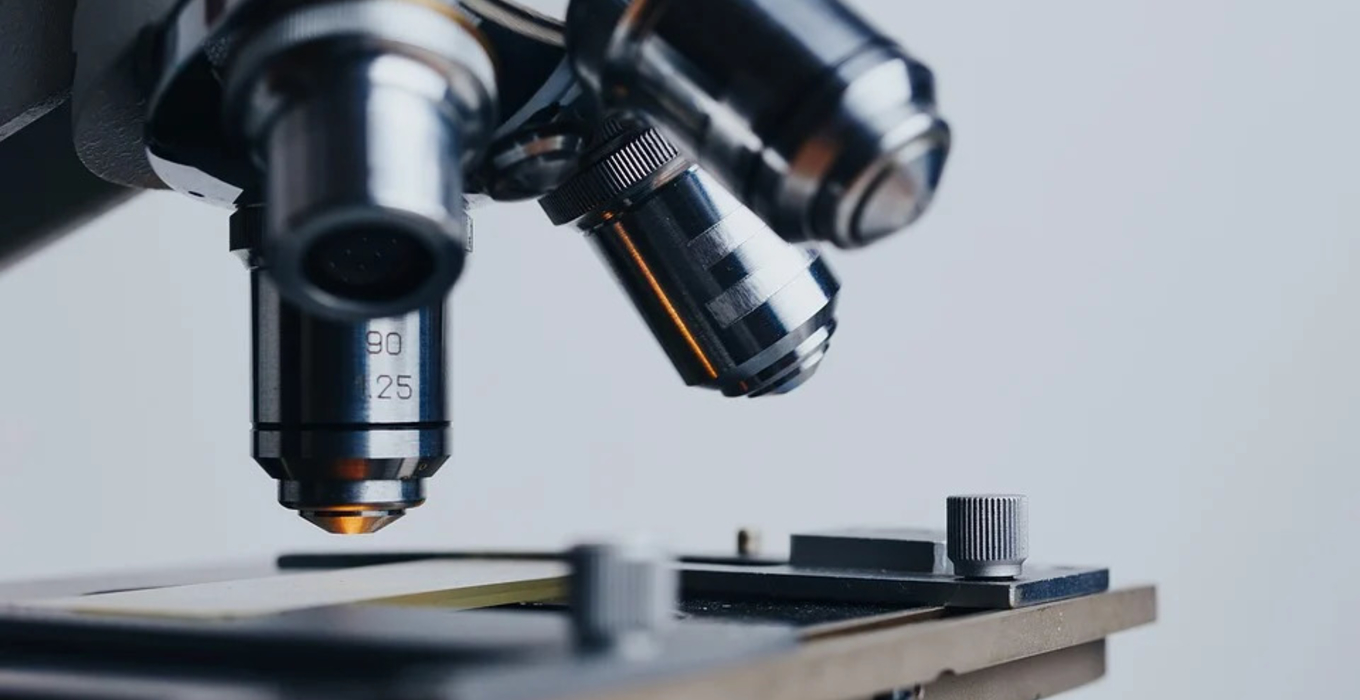Company
Udokan Copper (earlier known as Baikal Mining Company) was established in 2008 to develop the Udokan Copper Deposit in Kalar District of the Trans-Baikal Region (Russia).
With more than 26 million tonnes of mineral resources, Udokan is Russia’s largest and one of the world’s largest undeveloped copper deposits. The project includes a mine and processing plant that will produce copper cathodes and sulfide concentrate. The first stage of the plant will deliver up to 135 thousand tonnes of copper per year.
Committed to care for the environment and responsible use of natural resources, we implement the best available technologies to minimize our environmental footprint. Udokan Copper will process ores using our own patented flotation and hydrometallurgical technological scheme.
Udokan is a pioneer greenfield project in the industry. Starting from the construction phase, we follow global best practices in ESG, work on reducing our carbon footprint, develop regional infrastructure, protect the environment and support local indigenous peoples' traditions.
